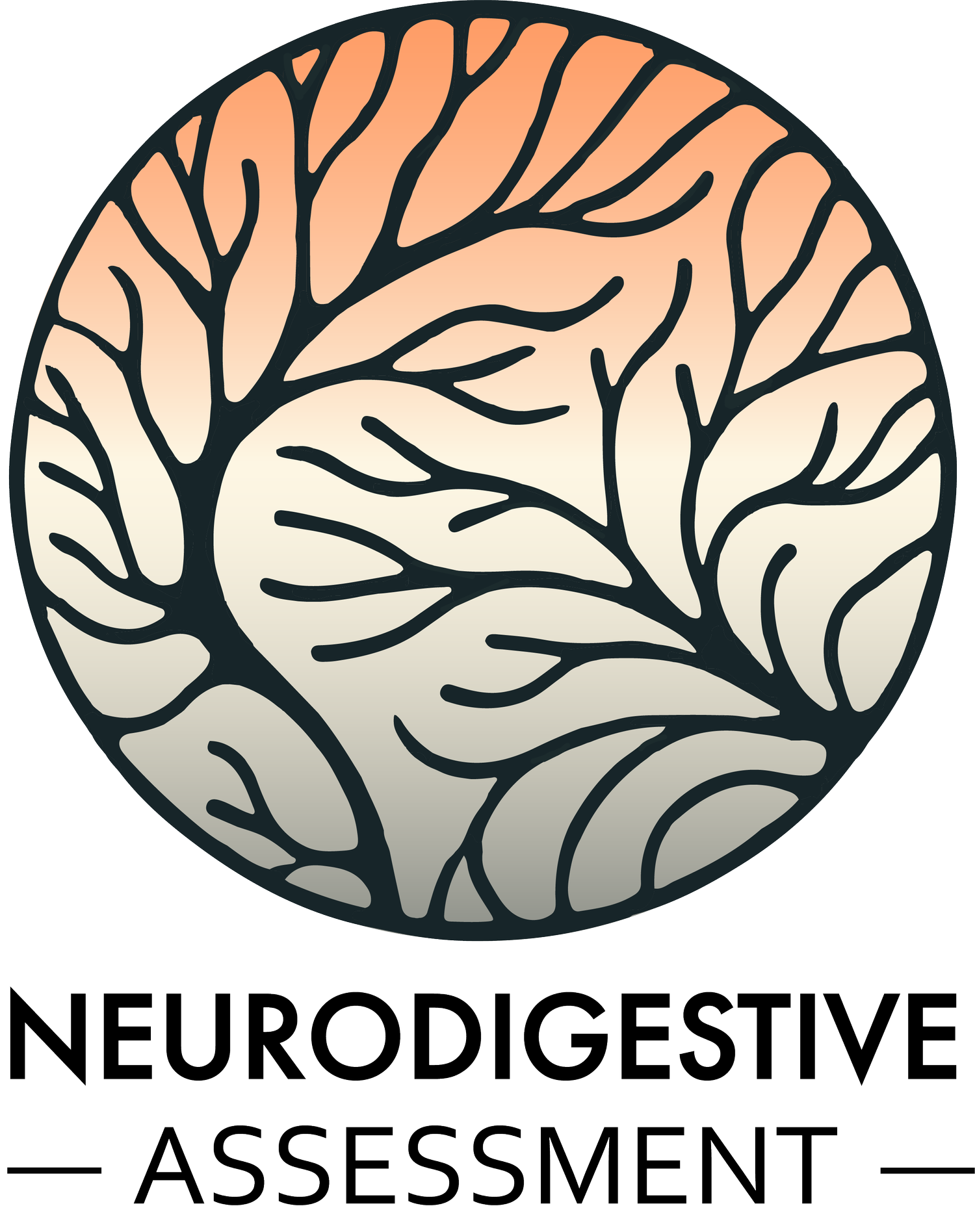
FAQs
-
A Psychological Assessment is a structured evaluation of a person's mental health and behavior, typically done by a Clinician. Assessments help identify mental health patterns or conditions, identify treatment options, and provide insight into a person's strengths and challenges. They help people understand their own social and emotional patterns.
The assessment process typically involves standardized tests (online checklists), questionnaires, interviews, and a review of personal records (e.g., medical or educational). Interviews are a part of the process. Assessments are not about passing or failing. The goal is to provide an accurate understanding of emotional functioning.
-
The assessment measures take approximately 30 minutes to complete.
-
This is a highly personalized process. Every client meets with a Clinician for an interview. This is conducted one-on-one through videoconferencing/computer. After completing the initial interview and assessment measures online, you will schedule a results meeting. During this time, the Clinician will share what was learned through your assessment. You will also be provided recommendations.
-
Personal questions are asked during the interview to help the Clinician gain a better understanding of your thoughts, emotions, behavior, and experiences. These questions provide insights into factors like family history, personal relationships, past traumas, stressors, and life events that may influence mental health. This helps the Clinician to tailor treatment recommendations, and better understand how your experiences affect your overall functioning and well-being.
-
The cost of the Assessment is $445. This covers all aspects of the assessment, including the initial interview, administration of assessment measures to you online, results meeting, and a written report.
-
We are out of network for insurance policies and do not file insurance. You can request a receipt or Superbill from our office, which will provide service and diagnostic codes. You can file this with your insurance company for any eligible out of network benefits.
-
The fee of $445 includes all aspects of the assessment process, including the written report of findings. Additional fees are only charged if additional services are requested after the report is complete. Any additional services will be billed at an hourly rate.
-
You can request a receipt/superbill from our office, which will provide service and diagnostic codes, and you can file this with your insurance company for any out of network benefits.
-
Our office provides assessment only. The difference between Psychological Assessment and psychological treatment is in what they do:
Psychological Assessment is the process of figuring out what’s going on with a person's emotional functioning and associated mental health. A clinician asks questions, uses tests, and observes behavior to understand a person’s thoughts, feelings, and behavior. The goal is to find out if there are any issues, such as anxiety or depression, and to learn about the person’s strengths and challenges. Assessment does not necessarily result in a diagnosis; however, it may lead to one (or more) if clinically significant symptoms or conditions are identified.
Psychological Treatment is what happens after the assessment. It focuses on helping a person feel better and manage their stressors and mental health. This can involve talking to a therapist, learning new ways to cope, or taking medication. The goal is to reduce symptoms, provide support, and improve overall well-being.
In simple terms, an assessment is about understanding and identifying the problem, and treatment is about helping to fix it. While our office does not provide treatment, we will help you identify the right kind of treatment for your specific needs.
-
Absolutely. We will provide you with a written report that you can share with your Physician or Gastroenterologist. We can also write a letter, directly communicating how they can help, if this is applicable.
-
All aspects of the assessment process can be completed online and through video conferencing.
-
Currently, due to licensing, we are only able to assess clients in North Carolina. If you are interested in being served in a different state, please let us know. We are working to expand our services to other states in the near future.
-
Common treatments for “Disorders of Gut-Brain Interaction” (as these conditions are often called) involve methods that address both the gut and the brain. The best treatment approaches are usually personalized, combining multiple strategies to suit specific symptoms. Recommendations may include options like consultation for a new medication, therapy for the mind to help manage stress, and/or changes in specific daily living practices.

